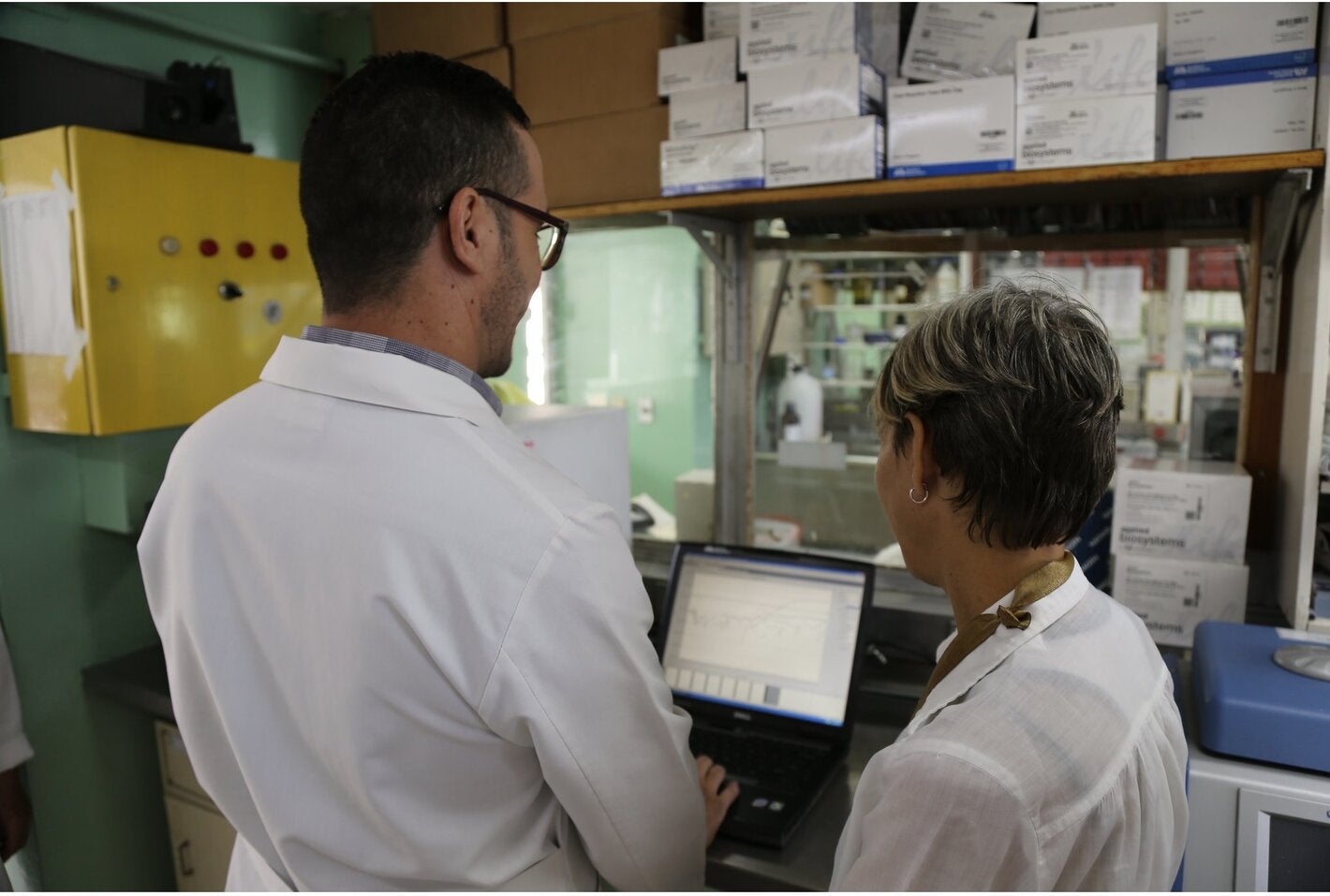
Washington DC, February 25, 2024 (PAHO) – With the participation of more than 300 members from health service networks nationwide, the basic course on Integrated Health Service Networks (IHSN) concluded through the Bolivia Node of the Virtual Campus for Public Health of the Pan American Health Organization (PAHO).
The general objective of the course is to contribute to the development of the IHSN by presenting the PAHO strategy, its concepts, and the identification of its scope and attributes within country´s context. To this end, the course was tailored to these conditions, utilizing their own health policy frameworks and with an easy-to-apply methodology to ensure adherence to the process.
This PAHO initiative seeks to develop more accessible, equitable and efficient health systems, offering comprehensive care to the population. PAHO considers IHSN as one of the main operational expressions of health systems based on Primary Health Care (PHC) at the level of health services. It assists in making several of its most essential elements a reality, such as coverage and universal access, first contact, comprehensive care, coordination of care, continuity of care, optimal organization and management, family and community orientation, and intersectoral action, among others.
The use of the IHSN assessment tool in its new version consolidated the process and allowed participants to establish a baseline for their regions, identify improvement opportunities, prioritize actions, and participate in strengthening policies. public health.
In this edition of the Bolivia Node course were involve: authorities and professionals from the General Directorate of Health Services Networks, ASSUS Planning, National Programs, Juana Azurduy Bonus, Telehealth, and the Community and Intercultural Family Health Program (SAFCI), Mi Salud del Nacional level, directors of the Departmental Health Services (SEDES), Departmental Coordinators of Health Networks and Services participate; teams from the 106 Health service networks nationwide; directors of second and third level care hospitals; and medical heads and nursing managers of the first level of care.
At the municipal level participated: the Federation of Association of Municipalities of Bolivia, represented by mayors and health secretaries; the Association of Councilor Mayors of Bolivia (ACOBOL); Public Universities such as the Universidad Mayor de San Andrés (UMSA), Technical University of Oruro, Amazonian University of Pando and Autonomous University of Beni, as well as professionals and managers of the Petroleum Health Fund, the State Banking Fund and the National Health Fund.



